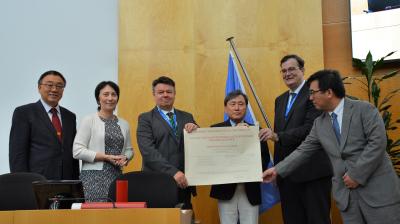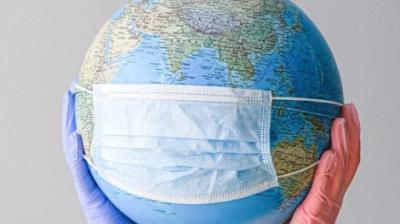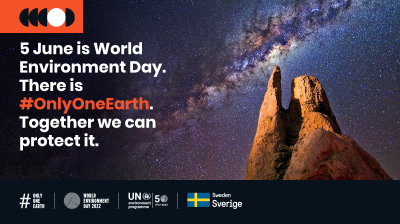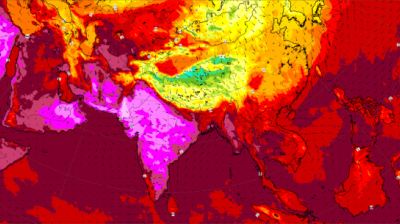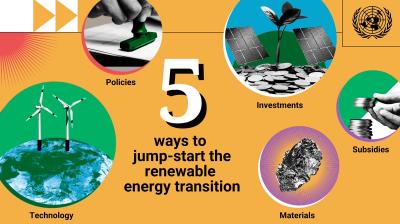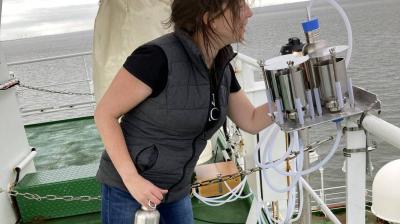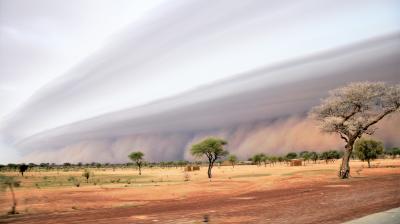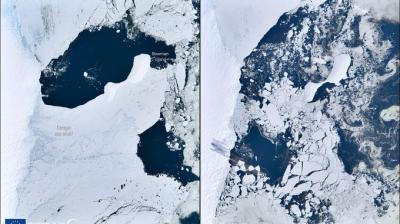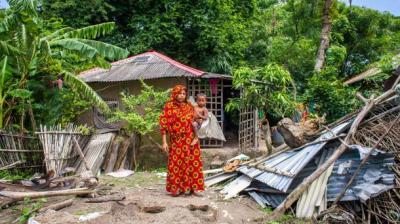A framework for research linking weather, climate and COVID-19

A framework for research linking weather, climate and COVID-19 has been published in Nature Communication. The paper follows the WMO co-sponsored Virtual Symposium on Climatological, Meteorological and Environmental Factors in the COVID-19 Pandemic held in early August.
“Early studies of weather, seasonality, and environmental influences on COVID19 have yielded inconsistent and confusing results. To provide policy-makers and the public with meaningful and actionable environmentally-informed COVID-19 risk estimates, the research community must meet robust methodological and communication standards,” state the paper’s authors.
“Through nimble but careful research and communication, it is possible to strike a balance between the rapid response research that the COVID-19 crisis demands and the need for careful review and communication of results likely to inform policy,” it concludes.
When COVID-19 began to spread, environmental scientists recognized that the world faced a dangerous upper respiratory viral disease that might exhibit sensitivity to seasonal weather conditions. Many scientists have sought to aid the COVID-19 response by studying the potential to monitor, forecast, or project disease transmission rates or symptom severity as a function of climate zone, season, meteorological variability, air quality, and other environmental parameters.
However, the rapid pace of COVID-19 research in 2020 has meant that studies with limited data appeared faster than the information could be cross-checked and peer-reviewed. It soon became clear that reported evidence was often contradictory or selective due to methodological and data-related shortcomings. The framework lays out a process and checklist which can help encourage good practice in research and communications.
“The research community must act to ensure that work on this topic meets its potential to contribute to pandemic understanding and response, and that fears of inappropriate data analysis or miscommunication do not dampen innovation or the effective use of research results,” comment the Nature Communication paper’s authors, who include Prof. Jürg Luterbacher, WMO Chief Scientist and Director of Science and Innovation, and Dr Joy Shumake-Guillemot of the WHO/WMO Climate and Health Joint Office.
The international virtual symposium on Climatological, Meteorological and Environmental (CME) factors in the COVID-19 pandemic took place in August 2020 and brought together hundreds of researchers from a wide range of disciplines and organizations. It provided an opportunity to review the global state of knowledge to date, discuss potential applications, and identify additional research and communication needs.
The virtual symposium issued a detailed Outcomes statement, including the following conclusions:
- Current peer-reviewed publications on the SARS-CoV-2 virus and the COVID-19 disease do not show a robust and consistent response to temperature, humidity, wind, solar radiation, nor other proposed meteorological and environmental drivers. More research is needed on which climatic variables are most critical for understanding the likelihood of their influence and for disease risk reduction.
- Evidence does indicate population exposure to air pollution, in the form of fine particulate matter, affects the severity of COVID-19 symptoms. This information should be considered when assessing and responding to patterns of COVID-19 vulnerability. Impacts of other air quality parameters are less clear, and the role of air quality in transmission rates is still under investigation.
- The seasonality of COVID-19 has yet to be established as seasonal signals are difficult to distinguish at this early phase in the pandemic. Experience from other respiratory viruses suggests that a seasonal signal might emerge later as the disease becomes endemic.
The WMO Research Board has established a Task Team to monitor the state of knowledge on COVID-19 and linkages to environmental conditions, including air quality, solar radiation, weather and climatic conditions. This expert group will issue periodic authoritative statements, help inform the immediate global response to COVID-19, foster good practice in interdisciplinary research, and help operationalize predictive modeling if deemed necessary. It is preparing a summary for policymakers and technical guidance for the research community focusing on current understanding on how to perform a useful COVID-19– meteorological/air quality study and judge the suitability of potential operational products.


